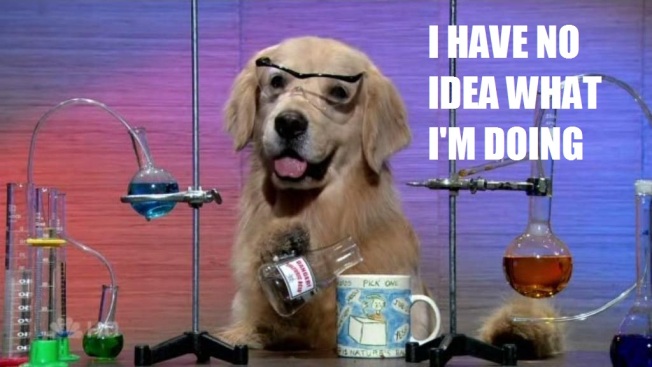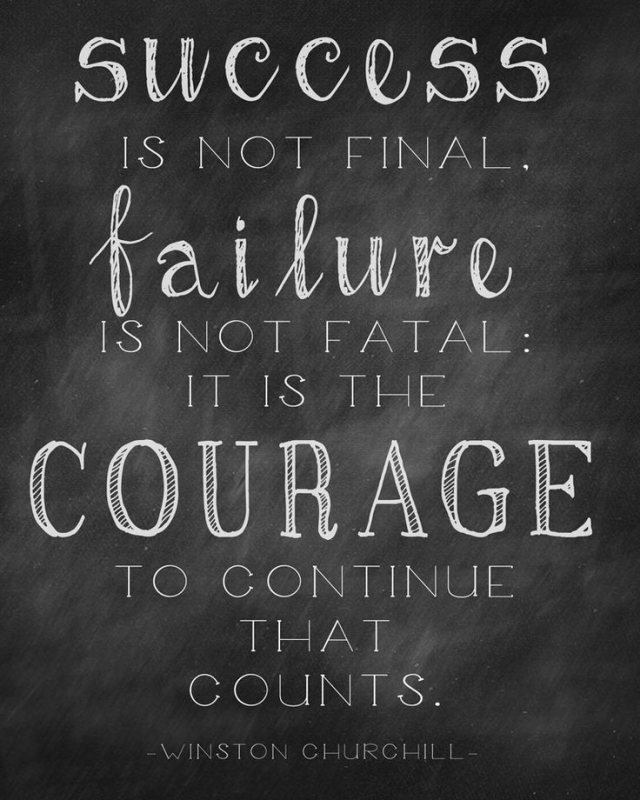“For a scientist, this is a good way to live and die, maybe an ideal way for any of us– excitedly finding we were wrong and excitedly waiting for tomorrow to come so we can start over.” (Maclean, 1992, p. 139)
When people ask me what I do, I tell them that I am a Ph.D. and MPH student studying Health Communication and Health Management and Policy. I often get confused looks and have to dive deeper into explaining my research, which only sometimes brings clarity the conversation. Generally speaking, I talk about my job as an instructor, which usually resonates a bit more. I even have a family member who refers to me as “The Professor,” and I have not corrected him because I like the way it sounds. As much as I love teaching, my research is what drives me to keep going through the labyrinth that is graduate school. As an undergraduate, theory and research existed on paper as a study guide for good marks on exams. Somewhere along the line, this all changed. In an unusual turn of events, I went from an over-achieving undergraduate student to a barely-achieving researcher. As a young scholar, intellectual curiosity is both a gift and a curse – I am filled with ideas yet frightened by failure. That said, I know from the sage advice from those who have gone before me that this feeling is natural and, unfortunately, never goes away.

I will continually encounter challenges of finding determinants and results and the linkages between them, and, perhaps most importantly, I must find ways to express why these are important to my field and to science (Zetterburg, 1965). Ideas are often only as good as the paper on which they are printed, which leads me to describe where I get my ideas from, discuss the problems that obsess me, and make a case for the why these ideas are important.
Personal experience is a primary driver of my interest in health communication. My family suffers a host of health issues, and I have lost too many family members to cancer. In my first undergraduate health communication class, I realized that there were evidence-based strategies to counter many different health issues among myriad populations. I began to consider how I may conduct unique research based on my experience of living in a rural area that is disproportionately affected by health disparities. For example, my thesis centered on the memorable messages about nutrition recalled by Appalachian adolescents. Listening to these children describe their lived experiences helped me to understand the unique challenges they face when making nutritional decisions and that eating “healthy” means something entirely different to them than it does to you and me. This type of research helps to better understand how communication influences nutritional behaviors and decision-making, which may inform culturally appropriate interventions and campaigns.
My personal experience was one of the compelling reasons behind my decision to go to graduate school. Not just that I had incredible undergraduate professors and mentors with whom I shared the passion of educating others, but also that they had given me something I had longed for years before. My first college experience was not ideal as I was intellectually and emotionally unprepared. I struggled greatly and ended up dropping out. This, in part, was likely because I did not have instructors who took an interest in me – I was just another face in the crowd. Now that I am an instructor, I want my students to master content (and hopefully learn how theory is pragmatic), but also to know that there is at least one person in their corner who understands what it is like to fail and recognizes that failure is often only the beginning. Each semester, I encounter students from all walks of life, who often face challenges similar to my own, which drives my interest in the ways that the instructor-student relationship may help students to achieve academic and personal success. Currently, I am leading a research project aimed at discovering the ways students’ sensitive self-disclosures affect both the student and the instructor. Reading the accounts of others in our qualitative findings give me hope that my research may shape positive communication practices among students and instructors. Ideally, this type of research may improve instructor-student relationships and contribute to better university policies for dealing with sensitive student issues.

Listening to and reading the accounts of others is also a source of my ideas as a communication scholar. My advisor, Dr. Elisia Cohen, once said, “every problem is a communication problem,” and I believe this to be true. Recently, I have become interested in the lived experiences of medical students, which I became acquainted with through my friends who are pursuing medical careers. I often listen as they detail the challenges they face, which most often are communication-based. Because of the stories of friends, I often search for the narratives of others, such as Poorman’s (2016) account of the “powerful culture of fear, stigma and lack of self-care that prevents [medical] residents from seeking help” managing their emotions (para. 8). These stories contribute to my unrelenting curiosity of how improved communication practices can make a difference in the lives of medical residents charged with caring for an ailing population.

Another driver of my ideas is thinking about where things went wrong, especially in public health crises. Often, public health professionals focus on education and access issues, which are key pieces of the puzzle. However, a systematic understanding of how communication may shape education, access, and policy is my primary interest. Recently, I conducted an analysis of the Indiana State Department of Health’s response to an intravenous drug use-driven HIV outbreak in Austin, Indiana. In dissecting the press releases during the height of the outbreak, I discovered exemplars that may help to inform other public health efforts necessary for similar situations. Analyzing the communication among the enormous number of entities (including now VP Pence) involved in these efforts may help to improve communication during crises. Moreover, this project stimulated my thinking about the ways these practices may apply in my hometown, which experiences issues with drug use similar to that of Austin.
In sum, many issues “obsess” me. So much so, that I often struggle with choosing my research foci. I am excited to continue my research, and I recognize that I must fail in order to succeed. As a young scholar, I take solace in knowing that failure is only the beginning.
